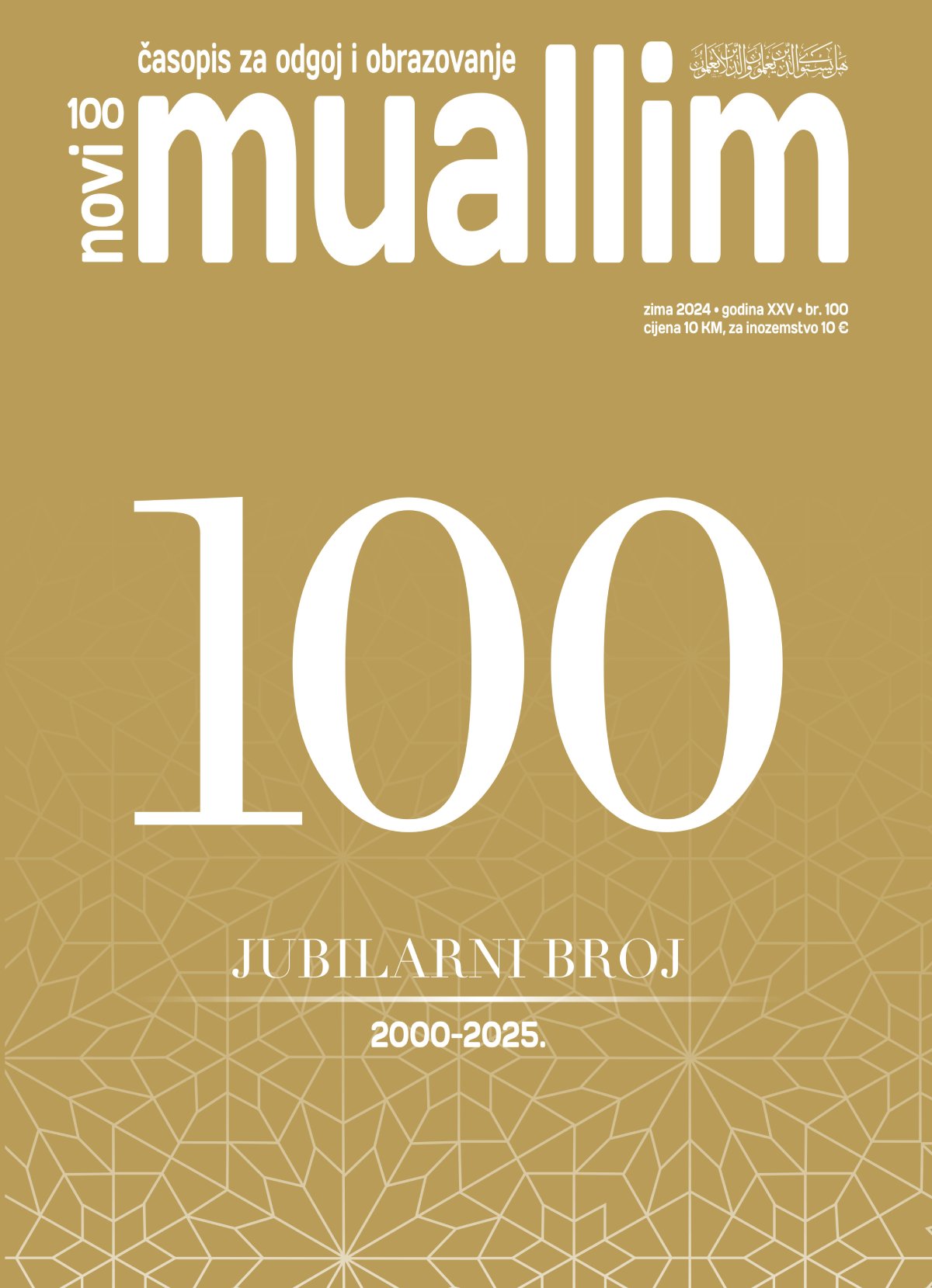Critique of determinism in Hadhrati Mawlana’s writings: affirmation of the free will within the submission to God
DOI:
https://doi.org/10.26340/muallim.v25i100.2128Keywords:
determinism, hadhrat Mawlana, free will, submission to God, the Will of GodAbstract
UDK: 141.336
28-18
The topic of free will is one of the issues that have been the subject of many discussions by numerous scholars; theologists, philosophers, and mystics, regardless of their religious background. Simply because this is an issue that transcends religious particularism, and which in some aspect pertains to every human being. We might, therefore, establish that everyone in the course of their life would, at least once in their lifetime, ask themselves the question which we present here as the topic of this article: do we choose to act in a certain situation, is that act result of our own free choice and free will or is the existence in its entirety determined with the absolute and indivisible Will of God. Of course, along with the problem of free will inevitably appears the question of responsibility, as the two are simply inseparable, and further, it is equally inseparable from the topic of understanding the Will of God. The first part of this article points out the necessity of plurality within Muslim thought, since it is, among other things preconditioned by the diversity of human character traits and intellectual abilities, as well as by diverse social and political circumstances that influence developments of new theological systems. The second part of the article focuses on Hadhrati Mawlana’s understanding of free will within the absolute Will of God, as this Sufi’s thought, which significantly differs from dialectical theological spectra, helps and enables a common man to understand and, we may say, solve this issue in his own heart.
Downloads
Published
How to Cite
Issue
Section
License

This work is licensed under a Creative Commons Attribution 4.0 International License.
Naknada:
a. Časopis ne naplaćuje naknadu za obradu članaka (APC) i naknadu za podnošenje članaka.
Autori koji objavljuju u ovom časopisu pristaju na sljedeće uvijete:
- Autori zadržavaju autorska prava i pružaju časopisu pravo prvog objavljivanja, pri čemu će rad jednu godinu po objavljivanju biti podložan licenci Creative Commons imenovanje koja omogućuje drugima da dijele rad uz uvijet navođenja autorstva i izvornog objavljivanja u ovom časopisu.
- Autori mogu izraditi zasebne, ugovorne aranžmane za ne-ekskluzivnu distribuciju rada objavljenog u časopisu (npr. postavljanje u institucionalni repozitorij ili objavljivanje u knjizi), uz navođenje da je rad izvorno objavljen u ovom časopisu.


